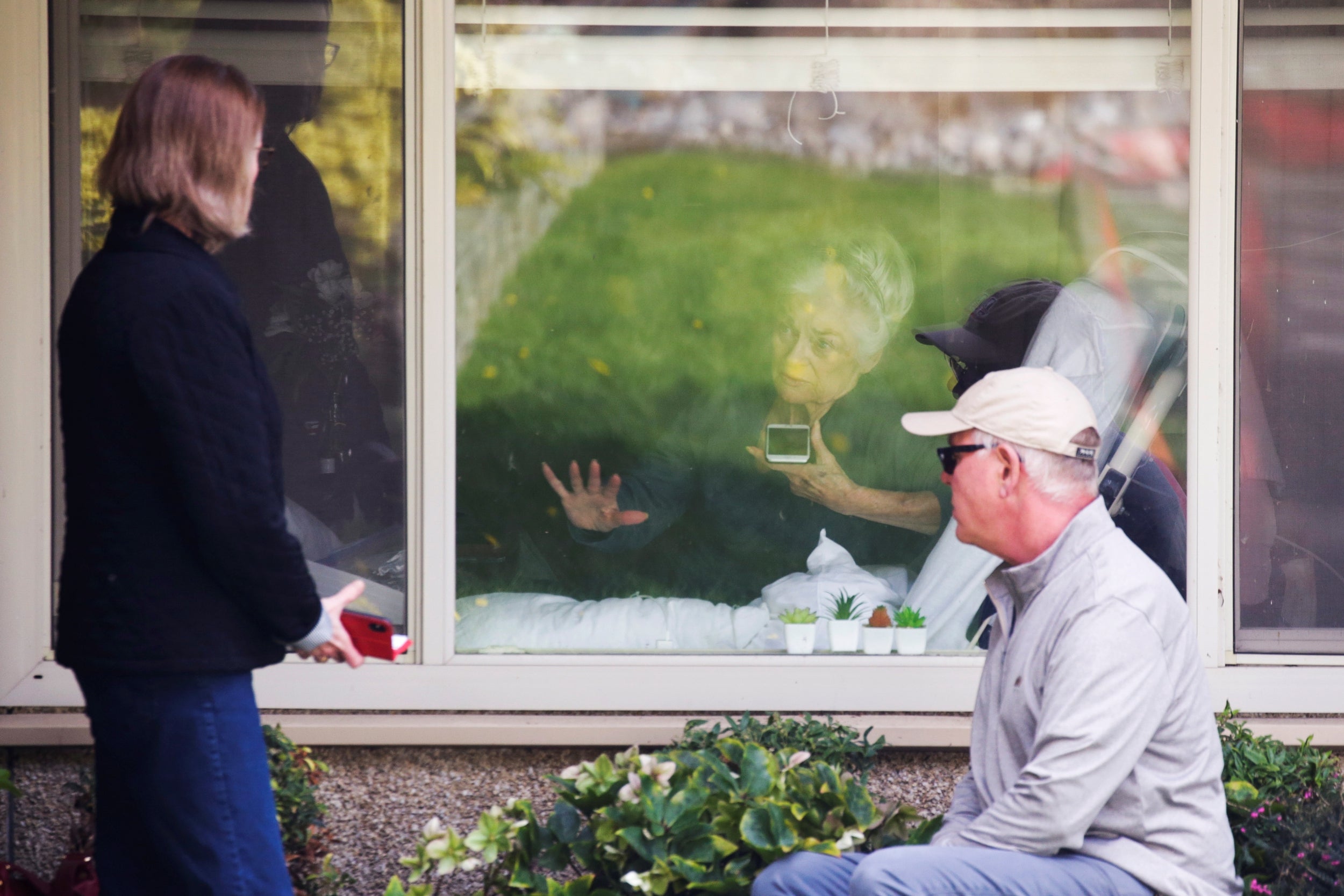Think about the young, inexperienced, endlessly dedicated frontline staff at my nursing home while you're in quarantine
Press conferences keep admonishing young people for not taking the threat seriously enough, but I've seen the opposite

On March 4th, when news broke that Life Care Nursing Home in Kirkland, Washington had its first cases of coronavirus, I immediately shifted into DEFCON 4 territory. As a corporate chef of a small assisted living facility, I had been through numerous outbreak scenarios: norovirus, flu, even MRSA. I considered I was well-prepared.
Until two years ago, I worked on the front line as a culinary director in the community. I managed a staff of very young and often inexperienced cooks, servers and dishwashers.
Long-term senior housing employs all manner of staff from nurses to housekeepers, concierges, servers, cooks, fitness directors and music therapists. Imagine a swanky hotel with a medical wing. Health professionals work in this industry because it offers the opportunity for personal relationships with the residents and a work/life balance that doesn’t exist in a hospital environment. They are adept at working in crisis mode and masterfully execute their job functions when residents are most in need. We all look to them for guidance when it comes to the health of our residents.
Culinary workers, on the other hand, often come to work in this field because they have no prior restaurant experience or they want a schedule that will conform to their schooling demands. Perhaps they have a grandmother or grandfather who lives in a community just like ours. While we train them in all manner of infection control and best practices in the event of an outbreak, it isn’t real until it is. And while I do not need to be in the community during this unprecedented event (corporate employees are working virtually), they do. They are essential personnel. No matter how many activities we cancel, or how many restrictions we are compelled to implement to keep residents safe, they must still be served healthy meals.
With the initial cases reported in Seattle, we ramped up sanitizing protocols for the dining room. As these cases and deaths multiplied, Governor Inslee began issuing daily mandates. We shut down our salad bars and restricted visitors, outings, screened deliveries and began stocking up on disposables. Within days, the Department of Health recommended shutting down the dining rooms completely.
Our culinary directors had to shift very quickly from table service to room service, full menus to modified options all in one day. They still had to ensure that those on dietary restrictions continued to get what they need. Servers, no longer able to chat with residents at their tables and interact normally, were now wearing masks and gloves and delivering boxed meals to each resident’s room. The primary activity that everyone enjoys three times a day was now nothing more than a darkened, Lysol-scented room.
Engineering all of these dramatic changes remotely has been less of a technical challenge for me and more of an existential dilemma: I want to be there with them but I know I cannot. Aside from the fact that I fall right around the edges of the at-risk group, if I want to contribute to flattening the curve I have to abide by the guidelines for non-essential personnel to stay home. It doesn’t make it any easier when I hear from servers like Baker Card, 21, who told me, “I’m not worried about getting sick as much as I’m worried about bringing something into the community that might get the residents sick. We are all concerned about that.”
The press conferences that are interrupting daily programming every day now usually feature a government figure admonishing younger people for not taking this pandemic seriously. Our staff, ranging from 19 to 30 years of age, may be the exception to their claim. Every day that they show up reaffirms for me that they consider what they do more of a mission than a job. During this moment of self-isolation, I am trying to balance gratitude with guilt, as I work to devise ways of offering support and encouragement from my command center on my comfortable couch.
With each anxious phone call or text that I receive from a chef about shortages on supplies, I have to fight the impulse to jump in the car and run to Costco halfway across town. As with stores everywhere, even our mega food distributer has run out of paper supplies. We desperately need these to continue following infection control guidelines. Frantically placing Amazon orders for paper cups and plastic utensils, I continue to hope that the general public doesn’t start a run on these products like they have with toilet paper and paper towels.
As with all the details that are springing up daily like unwanted dandelions, I have learned to pivot from one idea to the next, depending on the emergency. Today it might be a shortage of paper napkins; tomorrow it might be a broken freezer. Regardless of where we are corporeally, we are all pivoting like whirligigs for the same reason: our residents. So far, they are all healthy. And for that — from my living room, kitchen and bedroom — I thank my frontline staff.
Join our commenting forum
Join thought-provoking conversations, follow other Independent readers and see their replies
Comments
Bookmark popover
Removed from bookmarks